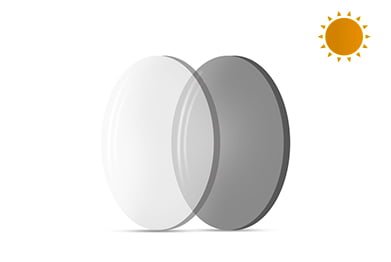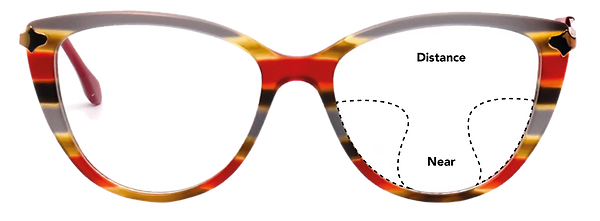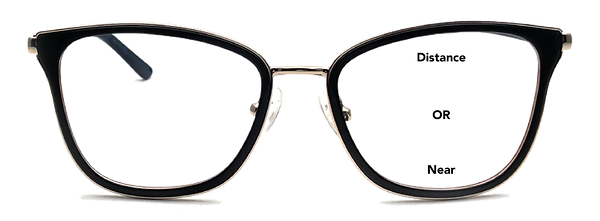Lens Enhancements

Blue Light Filtering
The human eye can tolerate a daily amount of Blue Light, unfortunately, with today’s heavy reliance on computers, tablets, cell phones, televisions, 33% of adults spend more than 9 hours in front of a digital device. Excessive Blue Light exposure can lead to disturbed sleeping, energy levels, and eye strain.
SmartVista offers lenses that filter out a higher percentage of Blue Light. After you select the frame style during the purchasing process, please select “Single-Vision Blue Light Blocking” to enhance your eyeware. Available in your glasses with or without prescription.

Light Adjusting
What are Photochromic or Light Adjusting Lenses? They appear like regular clear lenses when worn indoors but automatically adjust and darken when you move to a brighter area. The light-sensitive molecules inside photochromic lenses change when they are exposed to Ultraviolet (UV) rays. Once UV light is removed, the process reverses and the lenses become clear again.
SmartVista offers Light Adjusting lenses. After you select the frame style during the purchasing process, please select one of the Photochromic colors to enhance your eyeware. Available in your glasses with or without prescription.

Polarized Lenses
There are many advantages to having polarized lenses. Here are few advantages Smartvista’s collection gurantees:
– Vision without reflections.
– Superior sharpness and contrast.
– Total protection against UV rays.
– Colors have a more natural look
– Reduces eye fatigue and improves the ability to concentrate
All of SmartVista’s Sunglass lenses are Polarized. Shop now!
Prescription Glasses Options

Bifocal
Bifocal are lenses that have two different gradations. This allows those to have corrected distance and near vision in one pair of glasses.
SmartVista offers Bifocal lenses. After you select the frame style during the purchasing process, please select Bifocal.

Progressive
Progressive glasses are similar to bifocals in that they correct distance and near vision. However, they have a progressive gradation, hence their name. The lower part of the lens are for near vision, the central part for intermediate vision, and the upper part for distance vision.
SmartVista offers Progressive lenses. After you select the frame style during the purchasing process, please select Progressive.

Single Vision
These lenses have be customized and designed to correct vision for distance.
SmartVista offers Single Vision lenses. After you select the frame style during the purchasing process, please select Single Vision or Single-Vision Blue Light Blocking.


